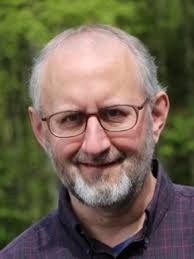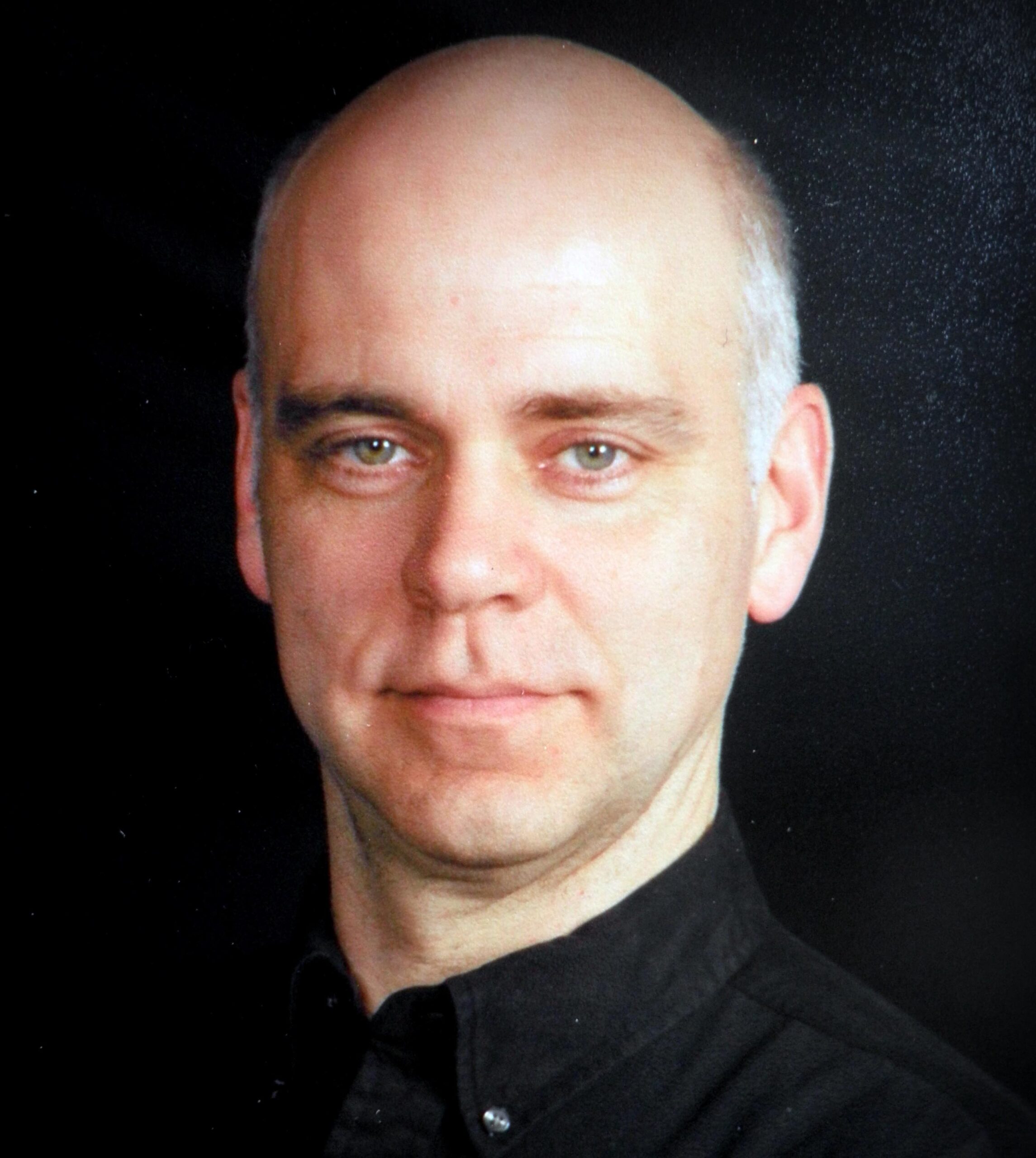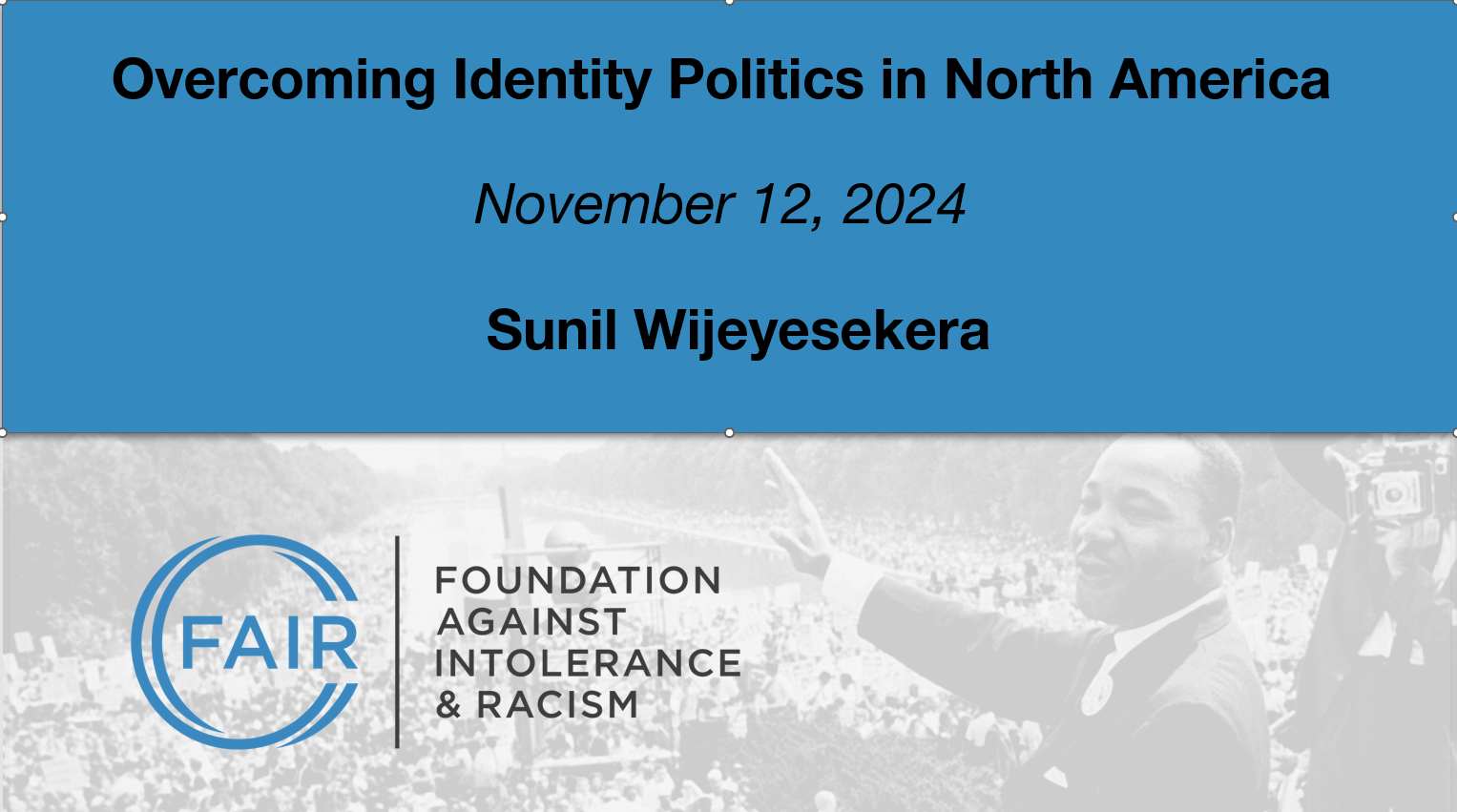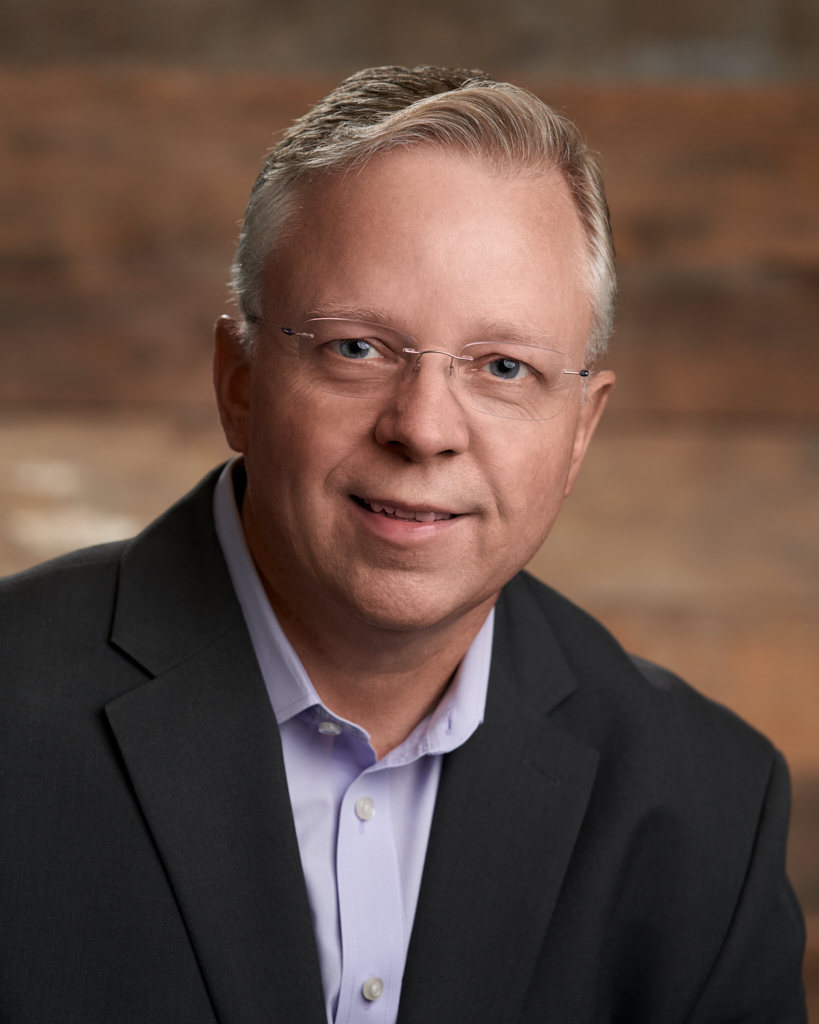The Role of Faith Communities in Abolishing Nuclear Weapons



For decades, Artificial Intelligence was one of those “maybe someday” dreams. Seemingly out of nowhere, ChatGPT exploded on the scene in early 2023. The clock is now ticking – the capabilities of A.I. are going to improve exponentially, and very quickly. As with almost every technological advancement in our lifetime, we find it easy to imagine the beneficial uses, but have distressingly little imagination about what the unintended consequences could be. This talk will mostly be based on a collection of newspaper and magazine articles that give us glimpses of reasons that we could very well regret ever opening up this Pandora’s box.
Ken has a lso provided “points to ponder” document with links to some of the issues raised in his talk
————————————————————-
Bio: In September of 2023 Ken Ing presented “Left versus Left: What’s Happening Here Ain’t Exactly Clear”, then in March of 2024 he presented “I Before We Except Overseas: Tracing The Roots Of Our Multi-Century Identity Crisis”.
Ken retired in 2019 from a career in IT and lives in the Puget Sound area in Washington State.

As we hear distressing stories of violence and oppression from around the world, we may benefit from reminding ourselves of times and places when human beings did organize themselves into durable just societies.
In this talk Dr. Reimers discusses some of these times and places: from the world’s first cities in 4000 BCE, to the Indus Valley civilization, widely revered as the most advanced society of 2000 BCE, to the small democratic city states in Central America, which held off the encroachments of the Aztec empire for centuries, to the peaceful coexistence among Christians, Jews and Muslims in 12th-century Andalusia which lit the spark for the European Renaissance a century later.
Dr. Reimers further discusses what principles and strategies they used to organize their societies, how they ended, and how their experience may inform our ideas of justice today.
Dr. Mark Reimers is a quantitative neuroscientist who has worked at the National Institutes of Health, the Karolinska Institute in Sweden, and Michigan State University. He was the leader of the Richmond Humanists in Virginia and UU forum in Lansing Michigan. He has lectured on a wide variety of scientific, humanist, religious, and behavioral subjects.

Speaker: Rev Peter Morales is the former president of the UUA. Before becoming UUA president he was senior minister at Jefferson Unitarian Church in Colorado. Jefferson was one of the UUA’s fastest growing congregations during his tenure. Before entering the ministry he was editor and publisher of a community newspaper in Oregon. He has lived abroad as a Fulbright lecturer in Spain and a Knight International Press fellow in Peru. Peter lives in Sequim, WA with his wife Phyllis.

Previously, Ken Ing traced the roots of the identity centric movement that dominates the UUA, and influences institutions throughout North America. As a follow-up, Sunil Wijeyesekera describes the work of The Foundation Against Intolerance and Racism (FAIR), an organization that counters identity politics. FAIR is a non-partisan civil rights organization based on universal principles of Fairness (not discriminating based on skin color or other immutable characteristics), Understanding (being willing to listen to other points of view) and our Common Humanity. Sunil
Wijeyesekera retired in 2020 after a career in material science/engineering. He has been a UU for 38 years. Sunil is currently a member of the NAUA Hayward Fellowship, as well as a Chapter Leader for FAIR. In describing the work of FAIR, Sunil Wijeyesekera simulates a discussion of how we can apply our NAUA values in the larger society. Download his slides: FAIR Slide deck
